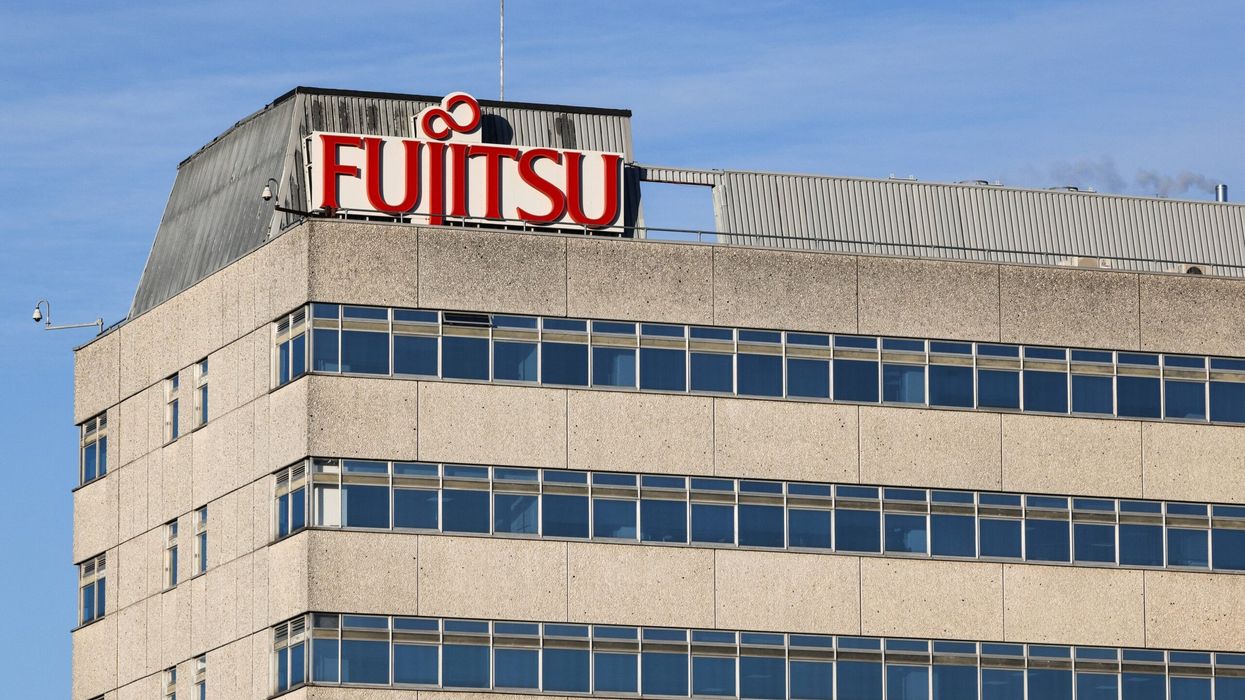by LAUREN CODLING
A RESTAURANT owner has expressed concerns for the future of Brick Lane, the so-called “UK curry capital” as a new report warned the Covid-19 pandemic has exacerbated the serious challenges faced by the industry.
Shams Uddin is the owner of The Monsoon on Brick Lane, east London. Since the government shut down all restaurants during lockdown in March, Uddin admitted he has fears for the industry as many owners struggle to make money.
Despite The Monsoon reopening in early July, Uddin claimed his restaurant has had a minimal number of customers. Last Sunday evening (2), Uddin served only 13 customers during his shift. Typically, he believes the eatery would have averaged between 95 and 120 customers.
“Everyone in Brick Lane is worried for their jobs,” he told Eastern Eye on Monday (3). “We used to get so many workers here, but now office people won’t come as so many people are working from home. We used to serve a lot of tourists too, but there are no tourists now. That has had a big impact on our business.”
His comments follow the release of a new report by race equality think-tank Runnymede Trust last week, which warned of a “steep decline” in Brick Lane’s south Asian-owned curry restaurants and cafes, with a decrease of 62 per cent in just 15 years.
According to Beyond Banglatown - Continuity, change and new urban economies in Brick Lane, curry houses are struggling with rising costs, such as rents and business rates and a shortage of trained chefs due to visa constraints on recruiting chefs from south Asia.
Dr Zubaida Haque, interim director of Runnymede Trust, said the Covid-19 crisis had “severely impacted” Brick Lane which she noted had already been decimated by gentrification, and restrictive visa requirements. “The Bangladeshi-run curry restaurants are among the hardest hit by the shutdown caused by the pandemic – Covid-19 is not only a health crisis it is also economic, and we urge government and the mayor of London to step in with strong business and financial support to help weather this harsh economic storm,” Dr Haque said.
On Monday, the government launched the Eat Out to Help Out scheme. The initiative, designed to encourage diners to eat out in exchange for a 50 per cent discount, will run until August 31.
However, Uddin is not convinced the scheme will work. “People have lost their jobs (during the pandemic) – they will be more worried about their rent and bills,” he said. “They can give people discount but people will only come (to restaurants) if they have money.
He added: “(The chancellor) Rishi Sunak can cut VAT and have as many voucher schemes as he likes, but if you don’t have any customers what’s the point?”
The popularity of ready meals sold in supermarkets has had an impact on the industry too, Uddin claimed. For instance, Asda sells a range of cheap Indian takeaway ready-meals; an Indian chicken korma and chicken tikka masala meal for two people is priced at £7.
“Supermarket ready meals are having a big impact on business too,” he said. “They may be great for the consumer, but it is deadly for the Indian takeaway and restaurant business.”
The report has recommended the government provide significant financial support to the Bangladeshi-run restaurant trade; develop borough planning support through ground-floor property usage restrictions, capping of rents and extension of licensing hours; and provide training and support to restaurant owners to adapt to a changing business environment.
Agreeing with the recommendations, Uddin has called for the government to consider offering help to the industry before more damage is done. “If you walk through Banglatown during an evening, you’d be surprised – it is a ghost town,” he said. “Brick Lane needs support – the industry needs to survive, but you have to bring customers here to keep it alive. The government needs to think about (what they can do).”
Professor Claire Alexander, professor of sociology at the University of Manchester and co-author of the report, said the loss of Banglatown represented the loss of a “rich history of migration, settlement and the struggle to belong in multi-cultural Britain”.
Bashir Ahmed, an award-winning restaurateur and the president of the British Bangladesh Chamber of Commerce & Industry, believes Brick Lane would not survive much longer as the UK’s curry capital if it was not offered help. “It’s dying,” he said. “That said, I’m confident Brick Lane will regain its vibrancy, but it will only do so if it provides food experiences for the new generation. For that to happen, ethnic minority businesses will need help and support."











